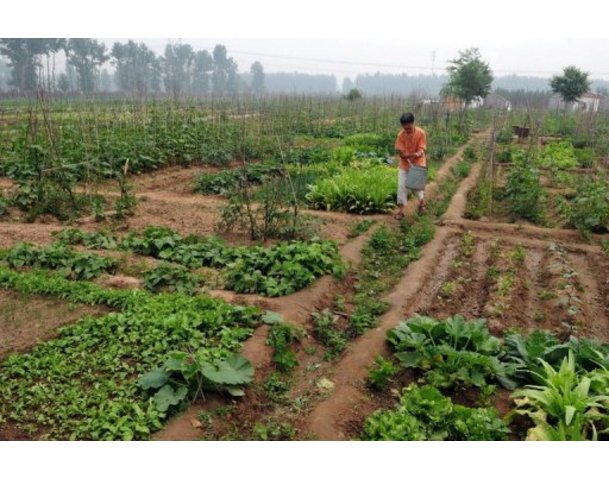
Small, diverse, productive, successful: these are the farms China is replacing, and the results are not good.
While the world watches with a mixture of envy and awe, China rises. Its political, economic and military power grows at dizzying speed, its leaders seem unfettered by any restraints. Yet it is the very restraints that bedevil other countries’ leaders — political opposition, free investigative journalism, special-interest activism, and public, protracted, messy debate — that slow industry’s rush to self-destruction. China started its industrialization well after the West, and may well crash and burn long before the West because the only lesson it has taken from our experience is how to commit suicide faster.
As we have reported here before, China is running chronically short of coal, oil, and electricity. And soon, according to a United Nations investigator, it will be running short of food. According to Olivier De Schutter, a special rapporteur for the United Nations Human Rights Council, precipitous loss of arable land may soon make it impossible for China to feed its people — and the principal thieves of this land have been industrial agriculture and urban sprawl.
In a report submitted to the Chinese government and the U.N., De Schutter noted that over-fertilization, pollution and drought have degraded 37% of China’s land, while another 20 million acres has been lost since 1997 to urban and industrial sprawl. The effects are already being felt by the population; rapid food inflation has increased the cost of various staples in the past year by 10-30 per cent.
The U.N. envoy tried to warn China against relying on industrial agriculture (as government planners obviously intend to do) to solve a problem that industrial agriculture is helping to create. The country should turn away from large scale, fossil-fuel, chemical farming in favor of small scale, sustainable agriculture. “Small-scale farming is more efficient in its use of natural resources,” he said. China, in fact, is living proof of his point: it has fed its 1.3 billion people for decades from 200 million farms that average 1.6 acres in size.
There is no hope that China will listen, any more than there is any expectation that America will listen to warnings about its slightly more leisurely march toward the same fate, for the same reasons. There is, perhaps, hope that the precipitous crash of Chinese agriculture, which seems ever more likely and ever more imminent, may spur more Americans to adopt sustainable agriculture quickly. Not to maximize their profits, but to survive.